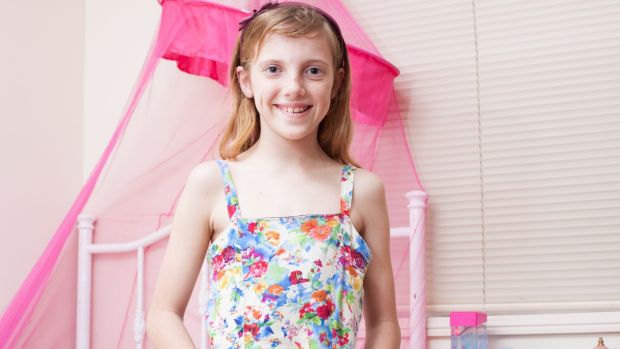Ivory smashed it! ??

A letter from nine-year-old Ivory Clark made national headlines when she spoke up for thousands of children with autism in the classroom.
The year 4 student who was diagnosed with autism at 2, wrote an open letter to Pauline Hanson in response to the Senator’s comments last month that children with autism are holding other students back.
Her letter, posted by mum Kylie on Facebook, was published by Fairfax newspapers across the country.
Here’s what India said:
Dear Senator Hanson,
Today you have really hurt my feelings and those other children with autism. I am intelligent and I have lots to contribute to my class and my community. No-one has the right to say I should be separated by my friends and class mates. I am well mannered and I always behave in class. I am much better behaved than lots of the boys in my class but we are ALL trying. I am proud to be part of a country that is inclusive and welcomes people with differences. Why do you want to change it? I have done lots and lots of work with my psychologist about social skills. I have learnt that you need to think about what you said and filter your words so that you don’t hurt others. This has been hard for me to learn but now that I am in grade 4. I am getting better. I could lend you my books so that you can do a better good (sic) of thinking before you say things that hurt others. Today lots of kids were talking about autism, because of what you said. A few kids said some mean things. That’s okay because I know how to deal with that. However I think you should be more thoughtful.
You can read the whole story here.
Not surprisingly, Ivory has been flooded with support.


We couldn’t agree more!
Children with autism with their families have the right to choose where they are schooled – and have access to the supports they need to learn and grow just like every other Australian child.
Every Australian Counts will continue to campaign for choice and control for people with disability – whether that’s through the NDIS or in the classroom.

Join the conversation